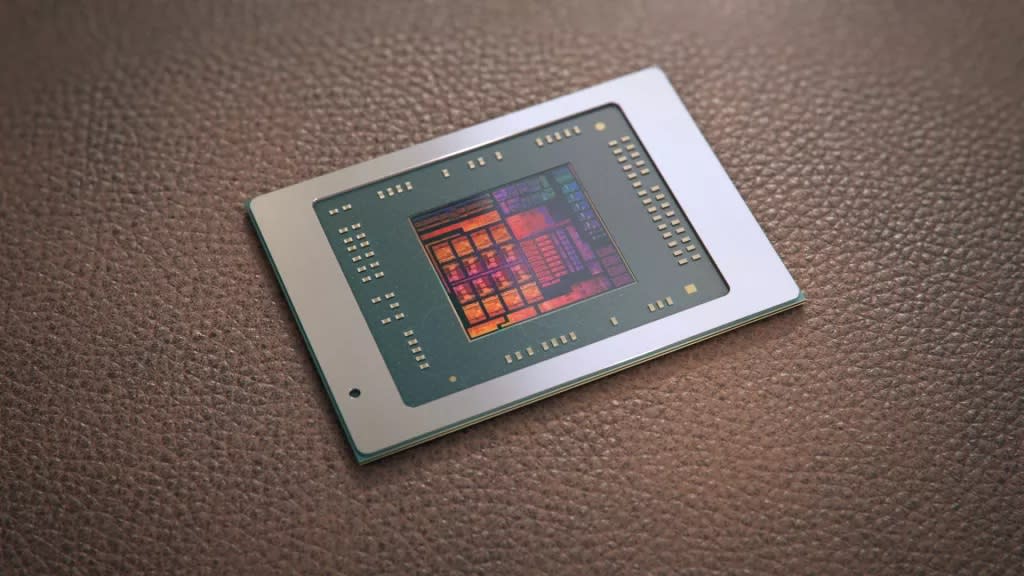AMD will reportedly stop supporting Windows 10 starting with its new Strix Point APUs and you can all blame AI for that

According to a post on Weibo (via WCCFTech) by someone reportedly affiliated with Lenovo China, AMD is not going to be providing any Windows 10 drivers for its new chips, starting with the upcoming Strix Point APUs. That will effectively cut AMD processor support for the popular old operating system around a year before Microsoft itself ends Windows 10 life support.
"Win10 enthusiasts please note that starting from Strix Point, AMD will not provide Win10 drivers," reads the post, finishing with a sad panda emoji.
Just to paint a picture of the number of "Win10 enthusiasts" out there, it's estimated that Windows 10 currently has a global market share of around 69% in terms of desktop operating systems, with Windows 11 dropping down to around 27%.
These Strix Point processors are the chips that we're expecting to be sporting a whole new naming scheme—and likely requiring a whole new decoder wheel to decipher their true meanings—which was accidentally leaked by Asus last week. That would be the triple-figure Ryzen AI 9 HX 170 et al.
And it's seemingly this innate AI-ness that would preclude them from having relevant Windows 10 support. These chips will come with a dedicated NPU, designed to help deliver native AI power on-silicon, that will offer up to 77 TOPs of total local AI processing from the APU alone. That's likely a combination of the NPU (which delivers up to 45 AI TOPs) and then the integrated GPU on top of that.
It's the iGPU which is arguably of more interest to PC gamers, with its 16 RDNA 3.5 compute units and the potential to deliver gaming frame rates well beyond what you'll see in modern handheld PCs. And, realistically, that ought to still see Windows 10 graphics driver support from the Adrenalin suite.
But if you want to take advantage of the extra AI features getting baked into the silicon, then you'll need to be running the latest Microsoft operating system and that means getting on the Windows 11 bandwagon. That will inevitably come with more Copilot fluff and extra AI-y features of dubious benefit to the end user, but that probably looks really funky on a whiteboard in the marketing division and on a laptop specs sheet.
Either way, Microsoft will hope that the fuss around AI PCs will help reverse the current trend of Windows 11 dropping market share. And AMD, in turn, will be hoping that will also drive up the number of people upgrading to a platform where 'AI' is literally its middle name.

